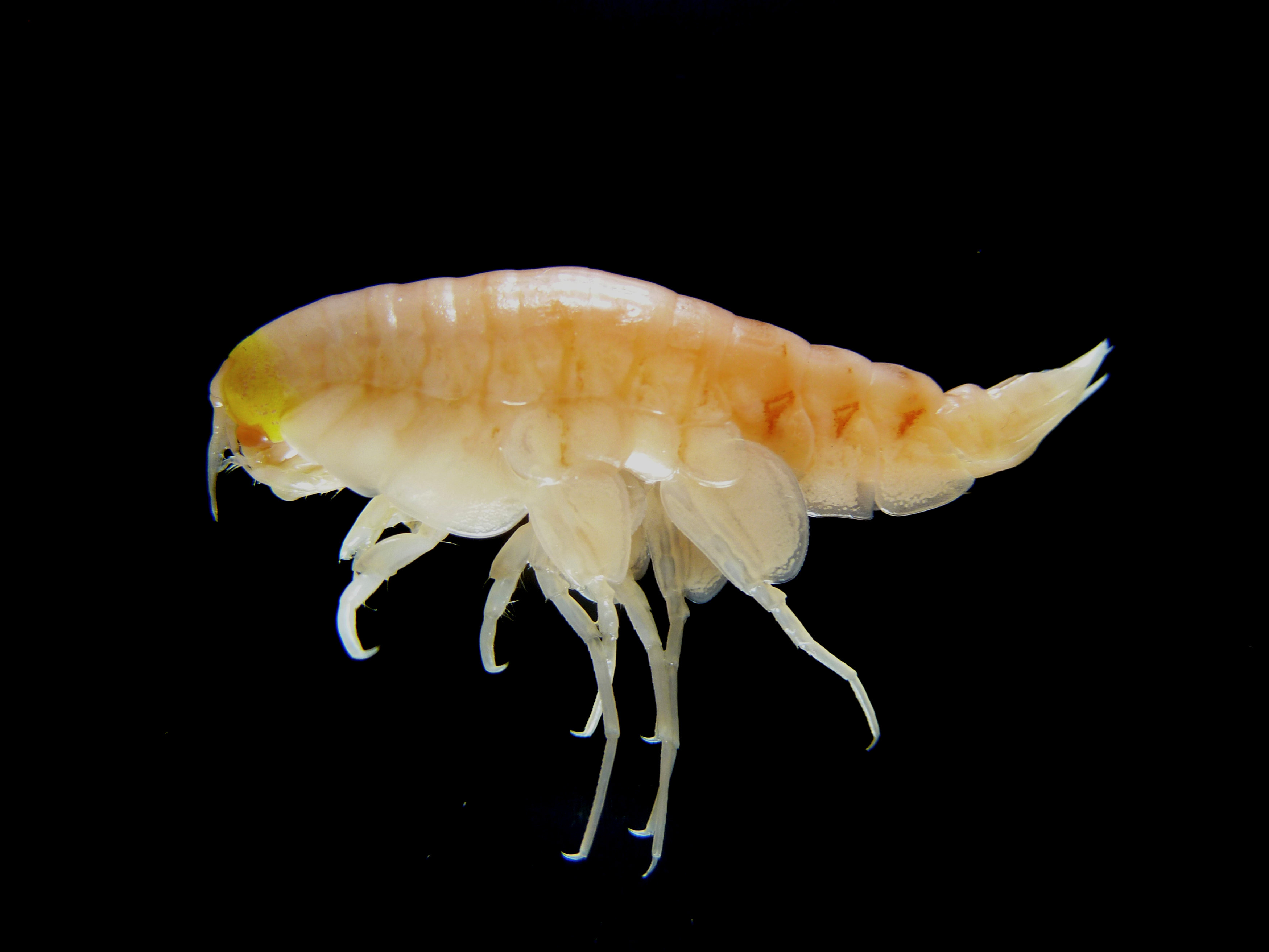Study finds human-made toxics in creatures even in deepest part of oceans

OSLO — Shrimp-like creatures living in the deepest parts of the oceans contain high levels of human-made toxic substances, scientists said on Monday.
Tiny crustaceans, such as yellowish Hirondellea gigas living in darkness about 10,000 meters (33,000 feet) deep in the Pacific Ocean, are polluted by PCBs, used in electric transformers or paints, and PBDE chemicals used as flame retardants.
“Pollutants were there in every single sample, regardless of depth, regardless of species,” said Alan Jamieson, lead author of a report in the journal Nature Ecology and Evolution by a team mainly from the University of Aberdeen.
Scientists were most shocked by the high levels of poisons in what had seemed a wilderness, he told Reuters. In one sample, PCB levels were 50 times higher than in crabs in one of China’s most polluted rivers.
The high concentrations may be because trash or the remains of contaminated fish sink and build up even on the remotest seabeds, providing food for tiny scavengers.
The scientists caught creatures in the Mariana Trench in the western Pacific – the deepest point on the seabed, at 11,033 meters down – and the Kermadec Trench off New Zealand.
Their lander took samples of the sea floor then released weights and floated back to the surface.
In the 2001 Stockholm Convention, governments agreed to outlaw a “dirty dozen” of man-made persistent organic pollutants (POPs) including PCBs, linked to cancers and damage to reproductive and immune systems in humans and wildlife.
In 2009 PBDEs (Polybrominated Diphenyl Ethers) were added to the list, which now comprises 26 chemicals. “POPS are found everywhere,” said Ana-Maria Witt of the Secretariat of the POPs convention in Geneva.
An international meeting in late April in Geneva on “detoxifying the future” will decide whether to add two new chemicals, used as flame retardants and in plastics, to the list.
Many POPs build up in fatty tissues, and some of the highest levels have been found in the Arctic– including in the breast milk of Inuit women – after being swept northwards by winds and ocean currents from industries far to the south.